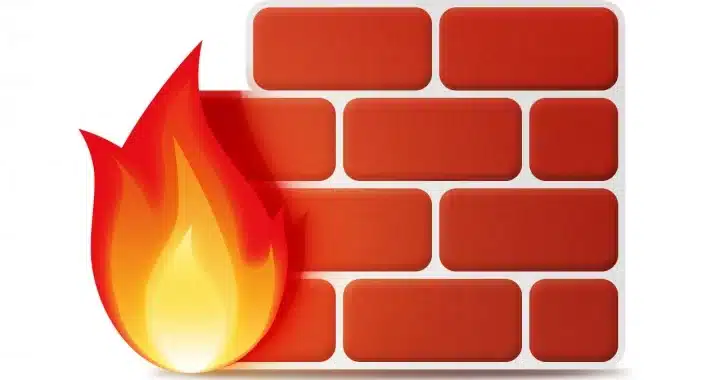How does a firewall operate to keep a network secure? Firewalls act as portals through which your device may communicate with the remainder of the network. The system’s safety increases in proportion to the firewall’s strength and sophistication. The most typical reason for installing a firewall on a computer system is to prevent malicious users from gaining access to sensitive data. But other than that, there is no requirement for firewalls if the computer is well-maintained.
The Basics
The first form of firewalls is known as packet filters. A reverse proxy is another name for this. In this simplest kind of firewall, no incoming traffic is permitted. It’s also possible to use a firewall that filters or blocks certain types of content. In certain cases, it’s more efficient than the packet filter. You can’t make changes or remove the documents, nevertheless.
Some security programs are used in conjunction with a firewall to significantly tighten up network security. As an example, McAfee has developed software to aid with traffic monitoring. The McAfee software can assist you to identify the origin of an attempt on your network and shutting off the offending link.
Firewall Protects Network
To prevent harmful network traffic from entering a device’s internal system, a firewall is installed. Firewalls are designed to stop intruders from entering a network and wreaking havoc on machines by blocking their exposure to sensitive data or programs. Protecting against malicious networks may be done with either a software-based or hardware-based firewall. Firewalls are used for several purposes, notably security and network administration.
A firewall safeguards the integrity of a network by blocking any outside intrusion attempts. All Internet traffic entering a computer network is filtered, hence a firewall is a necessity. In most cases, only the desired content would be allowed to pass via a network’s router, and all other communication would be prohibited or redirected.
Typically, a firewall would accept just the traffic necessary for legitimate system operation, while blocking traffic destined for illicit or dangerous behavior. Numerous commercial and public networks deploy firewalls to restrict access to their networks from unwelcome clients.
An intrusion detection system, commonly known as an IDS, is a piece of hardware that monitors and controls entry to software on a network. The installation of malware including worms, viruses, spyware, Trojan horses, and other adware may be prevented by using a firewall to secure the network.
These are also helpful for controlling who may access certain network resources like servers and data. Internet routers often have a firewall built in. Many carriers embed a firewall inside the router itself if one is not provided in the package.




